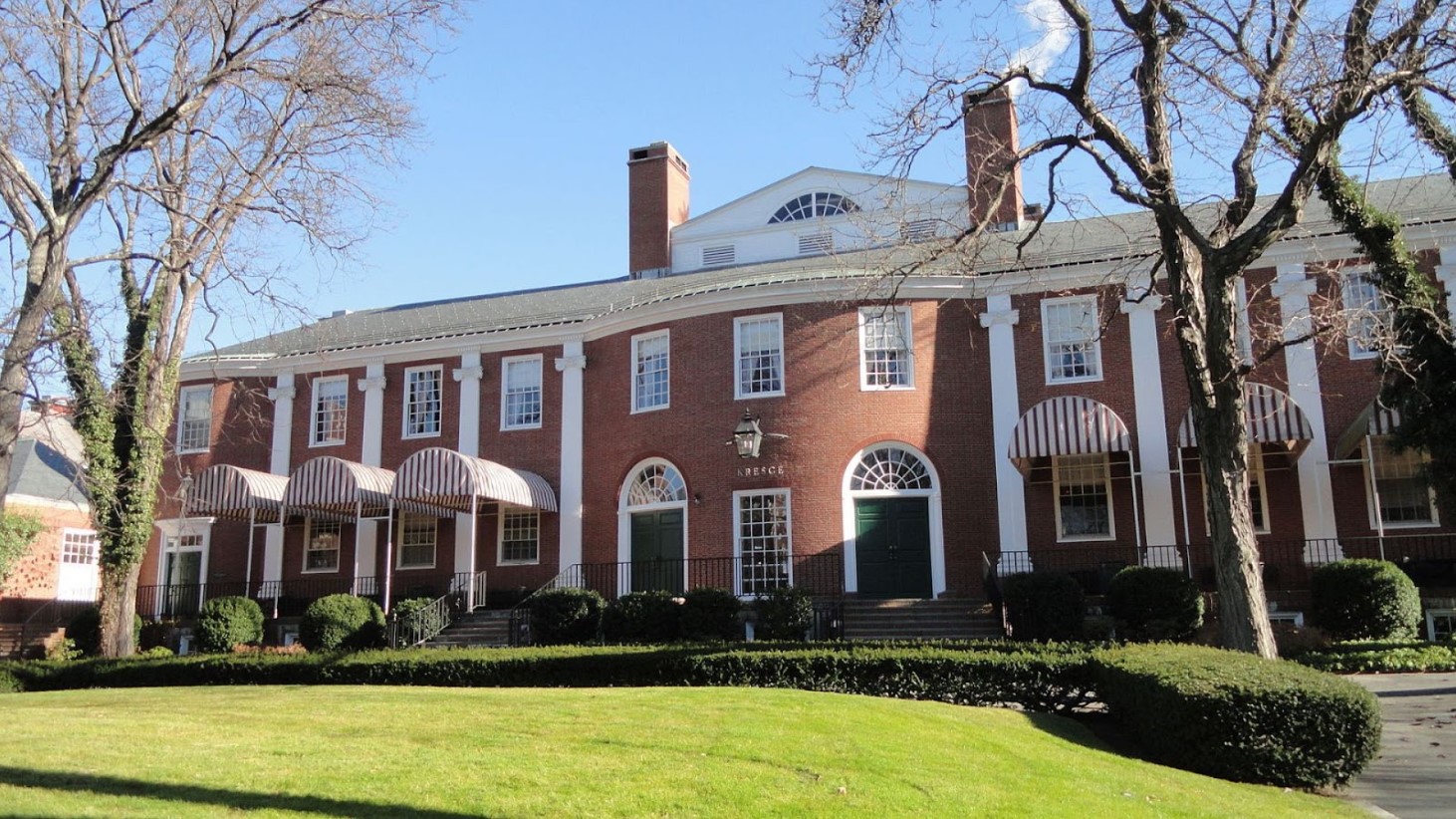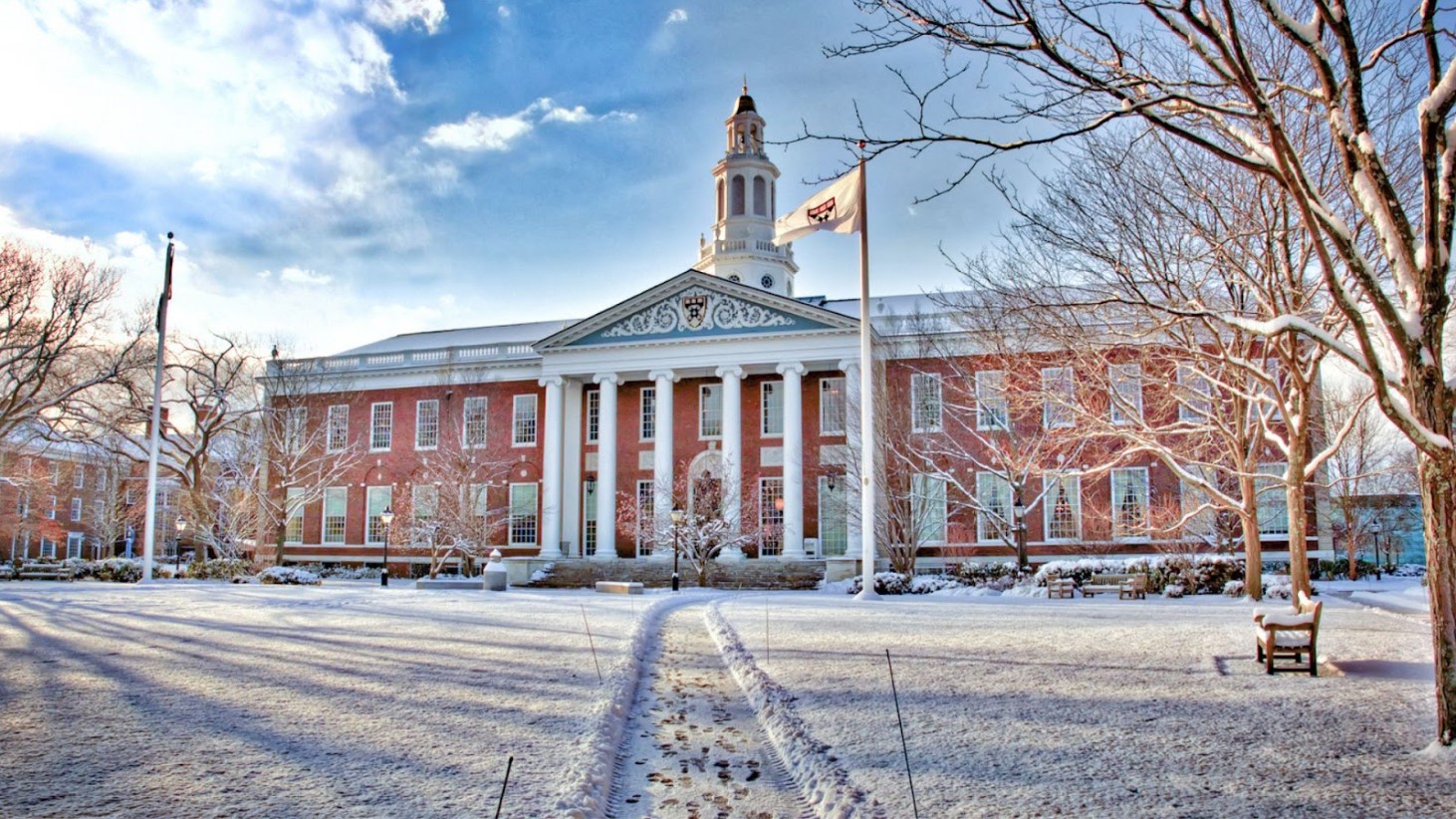Harvard Business School is facing a new challenge that is affecting its graduates’ prospects. The Financial Times reported a significant decrease in job offers for the graduating class of 2023, with only 86% receiving offers compared to 95% in 2022 and 96% in 2021.
This statistic is particularly notable as it only accounts for 73% of graduates who are actively seeking employment immediately after graduation, while the remaining 27% are exploring other avenues such as entrepreneurship or further education.
The Predominant Choice of Consulting and Its Impact

Consulting is the primary industry choice for a quarter of Harvard Business School’s graduates. This trend, however, may be contributing to the decline in job offers.
Reports from The Financial Times indicate that large consulting firms are delaying the start dates for new hires and reducing their team’s workload. This shift in the consulting industry’s hiring practices could be directly influencing the job prospects of recent Harvard MBA graduates.
Graduates Exploring Alternative Career Paths

In response to the slow hiring market, as described by Harvard’s managing director of MBA career and professional development to The Financial Times, more students are considering internships and part-time roles instead of traditional full-time positions.
This trend reflects a broader adaptability among graduates in navigating a challenging job market.
Contrasting Trends in the Broader Job Market

Despite the growing job market in certain sectors, like health care, Harvard Business School’s graduates are facing a different reality.
According to Axios, data shows that consulting, a popular choice among these graduates, is not among the industries driving job growth. This discrepancy, highlighted by The Financial Times, raises questions about the alignment of graduates’ career choices with the current job market dynamics.
Investigating the Reasons Behind Reduced Job Offers

The decrease in job offers for Harvard MBA graduates is a complex issue, with potential factors including the graduates’ focus on consulting and shifts in industry demands.
The Financial Times sheds light on this situation, revealing a landscape where even graduates from prestigious institutions are not guaranteed immediate employment success.
A New Approach for MBA Graduates

The current job market scenario suggests a need for MBA graduates to rethink their career strategies.
The changing employment landscape requires flexibility and a willingness to consider diverse opportunities, beyond traditional roles, to achieve career success in an increasingly dynamic and unpredictable market.
Broader Implications for Business Education

The situation at Harvard Business School is indicative of broader trends affecting business education and employment.
It prompts questions about how other top business schools and their graduates will navigate similar challenges.
Reevaluating the Attractiveness of Consulting

The consulting industry, a long-standing favorite among MBA graduates, is currently facing uncertainty. This raises questions about its sustainability and attractiveness as a career path.
The situation faced by Harvard graduates, as reported by The Financial Times, illustrates the need for a reassessment of the industry’s appeal and stability.
Entrepreneurship as an Emerging Path

In light of fewer job offers, some Harvard MBA graduates are turning to entrepreneurship. According to Harvard Business School, over 50% of graduates pursue this route.
This shift could mark the beginning of a trend where MBA graduates increasingly start their own ventures, driven by a combination of ambition and the necessity to find alternative career paths in a challenging job market.
Embracing Further Education as a Strategic Choice

Harvard Business School explains that for some Harvard graduates, further education is not merely a fallback option but a deliberate strategy to enhance their competitiveness in a fluctuating job market.
This trend emphasizes the importance of continuous learning and skill development as integral to maintaining a competitive edge in today’s dynamic professional landscape.
Navigating Economic Shifts in the Job Market

The current situation at Harvard Business School reflects wider economic trends. As industries evolve, adaptability and responsiveness to market changes become increasingly important.
MBA students and graduates must remain agile and open to various career opportunities to succeed in a fluctuating economic environment.
Future Prospects for MBA Graduates

The challenges faced by the latest Harvard MBA graduates raise important questions about the future of business careers.
As the nature of employment continues to evolve, embracing flexibility, innovation, and a willingness to explore unconventional paths will be essential for MBA graduates navigating the complex and changing job market.
